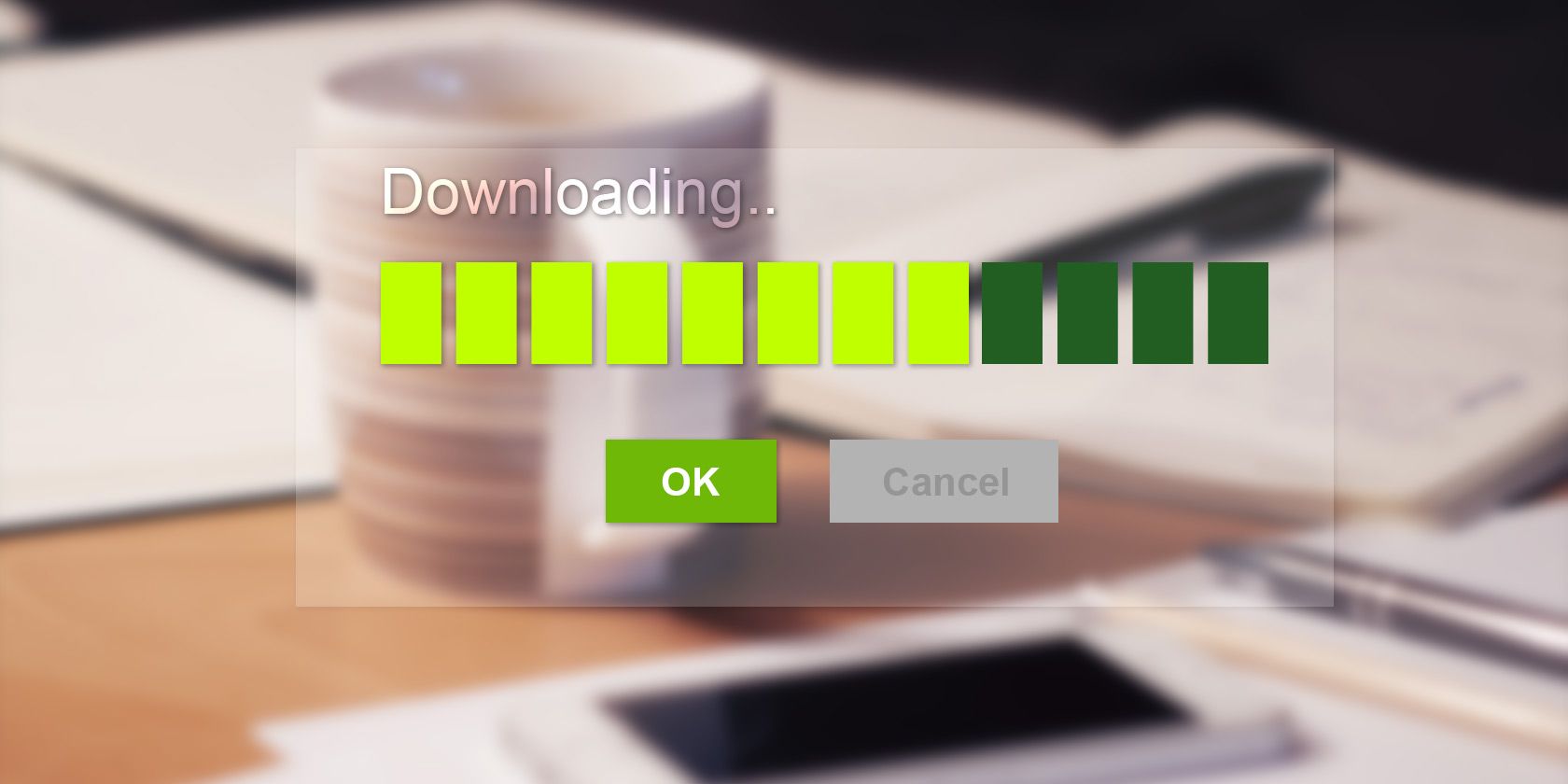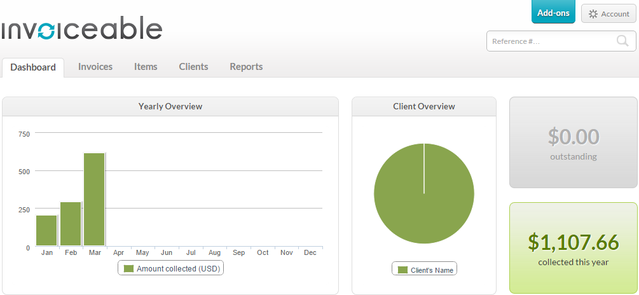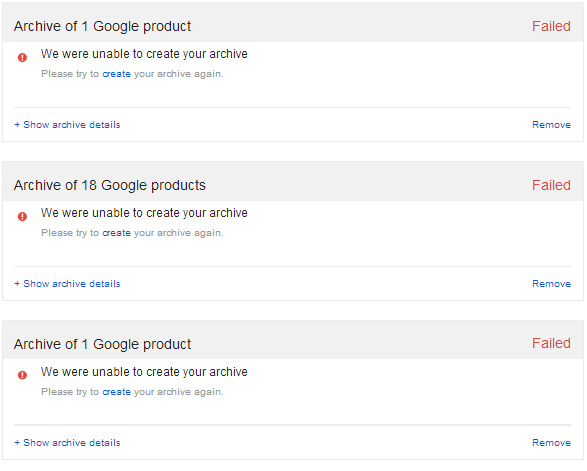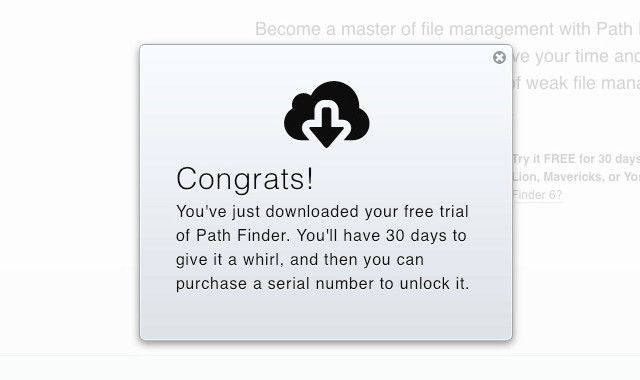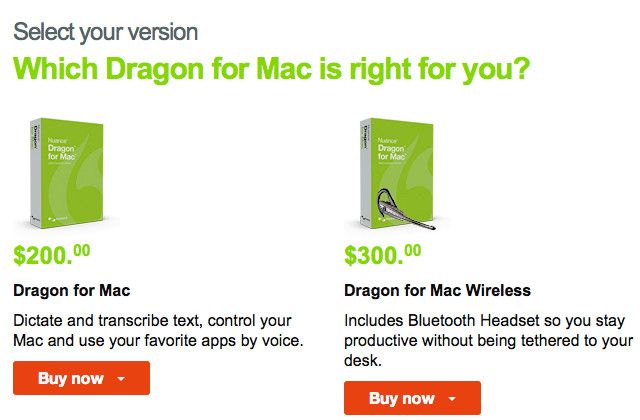While many people swear by the versatility of Evernote, several others think it makes for a bloated nightmare of an app. Neither camp is wrong, because when it comes to productivity tools, "one size doesn't fit all."
An app that streamlines someone's day can throw a wrench in yours. This makes it vital that you choose the tools in your digital arsenal with a bit of care and thoughtfulness.
Instead of trying to test every single app out there, find a select few that serve your purpose and pick the right one from that selection. And by "the right tool" we just mean one that's effective. It's one that works for you.
Hallmarks of Effective Tools
Any productivity tools you choose to go with are likely to prove effective if they have the following traits as a bare minimum requirement.
They Feel Intuitive
When you transition to a new app, sure, you'll need a couple of days to get yourself organized and become comfortable with the new workflow. But navigating your way through the app shouldn't continue to feel like a series of wrong turns.
Moving my data to Trello seemed like a lot of work, but the app itself was easy to use. And the effort paid off, because Trello gave me a super convenient bird's eye view of all my ideas and projects.
If an app feels overwhelming, has too big a learning curve, or just seems like overkill, it's best to look for alternatives. When I was searching for an invoicing tool, I tried quite a few of them including Freshbooks, Zoho Invoices, and CurdBee (now Hiveage). But for me, none of them proved as intuitive and painless as Invoiceable.
They Simplify Your Workflow
An app can be bursting with great features or come highly recommended by everyone in the tech world. But it's useless if it doesn't do the one primary thing it's meant to do — make your workflow simpler or at least more manageable. Keep that in mind when you go goggle eyed over the next shiny new app.
Don't hesitate to try a lesser-known app just because not everyone's talking about it. Sometimes, popular apps don't deserve the hype surrounding them. Their low-key counterparts can turn out to be much better.
Of course, in your search for the right tools, you'll need to make a few compromises on certain features. Write down things you consider deal breakers beforehand. That'll make it easy to narrow your search.
If I were to look for a free/freemium writing app for Mac now, I'd consider the lack of Markdown support a deal breaker. That eliminates options like FocusWriter. Apps like iA Writer and Byword are out, too, because of the price tag. This filtering process pushes apps like MacDown and Writed to the top of my list, leaving me with a handful of viable choices.
They Make It Easy to Export/Retrieve Your Data
Your data is your data. A good app honors that. If the app goes out of existence or you want to switch to a different one, migrating your data should be stress free.
Choose apps that give you easy and unconditional access to your data. For example, the note-taking app Simplenote does this well. It gives you the option to bundle your notes (in text format) into a zip file and download the archive in a couple of clicks.
Unfortunately, no app is a foolproof solution. Keep external backups of your data if you don't want to end up with a data loss nightmare on your hands.
They Are Cost Effective
If you're going to be spending any amount of money on an app, don't skimp on the research. Ask yourself how much of an impact it'll have on your workflow. See if there's an open source alternative or one with a trial version.
It's tempting to buy interesting apps on a whim when they cost only a few dollars. But in the long run you'll have spent quite a lot of money on apps only to discard them soon after. That's a money mistake you can avoid by setting up a tech budget. In the end, though, you're the best judge of which apps will prove cost effective for you.
For me, spending serious money on a text expansion app or voice dictation software makes sense. Shelling out the same amount for an invoicing app that I'll use to send a handful of recurring invoices every month doesn't.
3 Websites to Help You Find The Right Tools
Best of articles and websites like Product Hunt are useful sources to find good tools. But seeing what other people are making use of can also be a great way to discover interesting new apps and figure out how they can fit into your own workflow.
That's where the following websites come in. They highlight the work setups of people from different professions and backgrounds. The glimpses into other people's workflows can give you the inspiration and information to optimize your own.
The Setup
The Setup features the work setups of of various people, profiling the productivity tools they use.
The interviews span an amazing diversity of careers and lifestyles. You get to see what different people in your field or people with similar thought processes as yours are using to get their job done. You'll even stumble upon some cool-sounding job titles and descriptions.
Head to the Community section to see a list of interview websites inspired by The Setup. You'll find sites for cartoonists, TED speakers, writers, library staff, Linux users, and more. You can even borrow The Setup's code for free to put up your own interview website. You'll find the code on GitHub under the name usesthis.
Want to see someone specific featured on the site? Contact Daniel Miessler, the guy behind The Setup, to share your suggestion.
The Sweet Setup
This one's for Mac, iPhone, and iPad users. The Sweet Setup showcases collections of the best OS X and iOS apps for various purposes. It also covers quick tips as well as deals on apps and gear. The site is the brainchild of writer Shawn Blanc.
The interview segment of The Sweet Setup gives you a detailed look at how different people use their Apple gadgets. A new interview gets published every Monday. Interviewees include such diverse people as mediapreneurs, teachers, and doctors.
The Linux Setup (at My Linux Rig)
Steven Ovadia of My Linux Rig publishes interviews of various well-known netizens, featuring their Linux setup. He also shares his thoughts on various things digital. The project started out as a documentation of Ovadia's efforts to learn Xubuntu.
The Linux Setup interview follows a standard Q&A format. Questions focus on the interviewee's background, work profile, his reasons for using Linux, choice of distro, etc. You'll find a couple of screenshots of the featured desktop at the end.
Time to GTD
A good tool can go a long way in sharing your workload. But the search for the right tools can make you obsessed and unproductive real quick. We hope you remember that productivity tools can only take you so far. They can't replace you or your input.
We recommend that you shortlist 3-4 suitable options, try each of them for a bit, pick your favorite, and get on with your work. Also, if you have already found productivity tools that are working well for you, stick with them!
All I know is that if you’re not happy with the tools you have then you should find the tools that do make you happy while you work.
~ Matthew Lang, Giving Draft Another Chance
How do you go about finding the right tools for a particular task? Share your tricks and sources with us.

